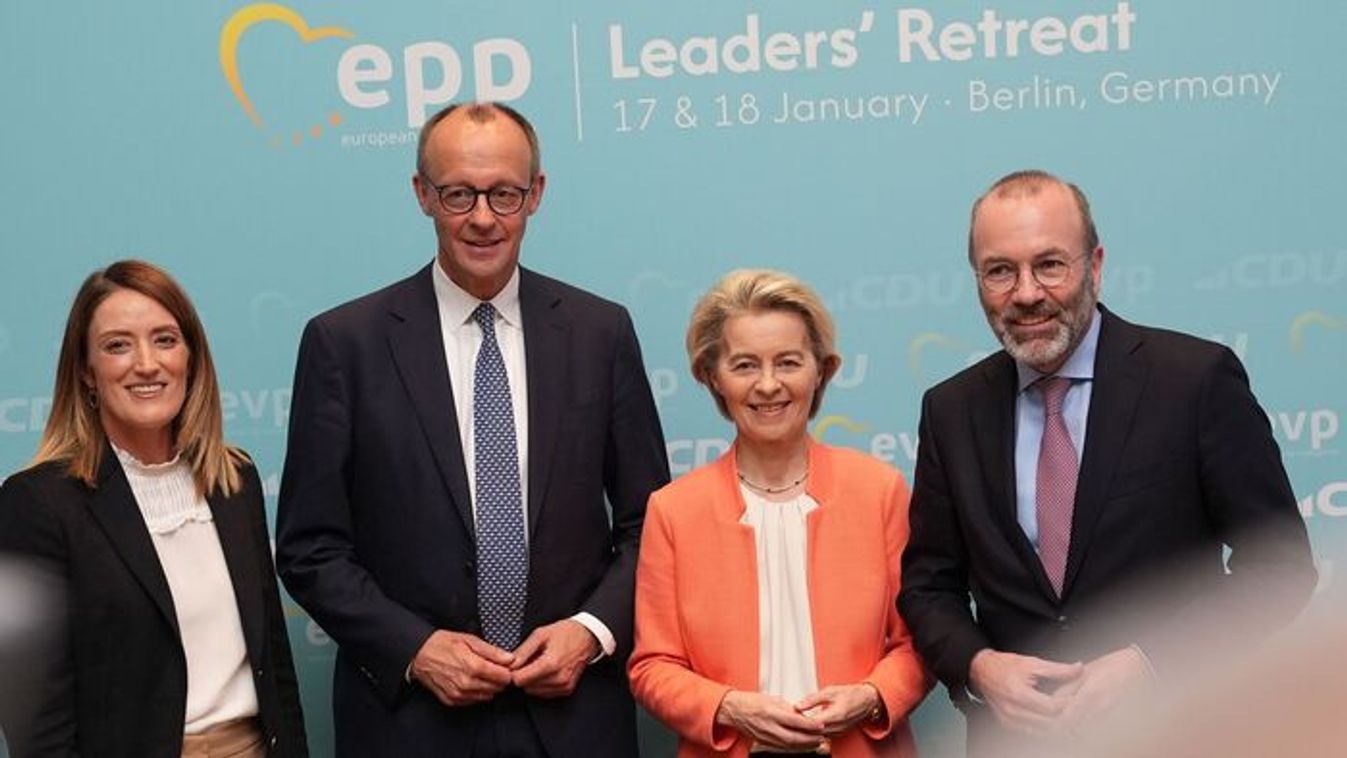Két út áll az Európai Unió előtt: az egyik a történet végét jelentené

Egyre világosabb, Orbán Viktor miért hangoztatja régóta, hogy a brüsszeli politika irányát meg kell változtatni.

Az utóbbi napokban több vészjósló gazdasági hír látott napvilágot Olaszországgal kapcsolatban, és ezek Silvio Berlusconi olasz kormányfő sorsát is megpecsételhetik - írja a Világgazdaság. Olaszországnak valószínűleg újabb megszorító csomagra lesz szüksége.
Szerdán ismét hat százalék közelébe kúsztak a tízéves lejáratú olasz államkötvények után fizetendő hozamok, miközben Róma egymilliárd euró értékű kibocsátással számol a héten. A helyzetet fokozza, hogy a Fitch nyilatkozata szerint Olaszországnak valószínűleg újabb megszorító csomagra lesz szüksége a nemrég elfogadott 48 milliárd eurós csomagon kívül. Az előrejelzések fényében az elkövetkező egy-két évben nem tűnik valószínűnek a gazdaság megtáltosodása.
Az állam negatív gazdasági szerepéről mondott értékelés élesen ellentmond annak az ígéretnek, amelyet Silvio Berlusconi a hatalomra kerülésekor hangoztatott. Berlusconi „liberális forradalmat” ígért a gazdaságban, az adók jelentős, illetve a munkanélküliség felére csökkentését, ám egyik ígéretét sem sikerült beváltania. Ehelyett tekintélye komoly csorbát szenvedett a nevéhez fűződő szex- és korrupciós botrányok miatt, miközben az államadósság a GDP 120 százalékára kúszott fel - írja a Világgazdaság.
